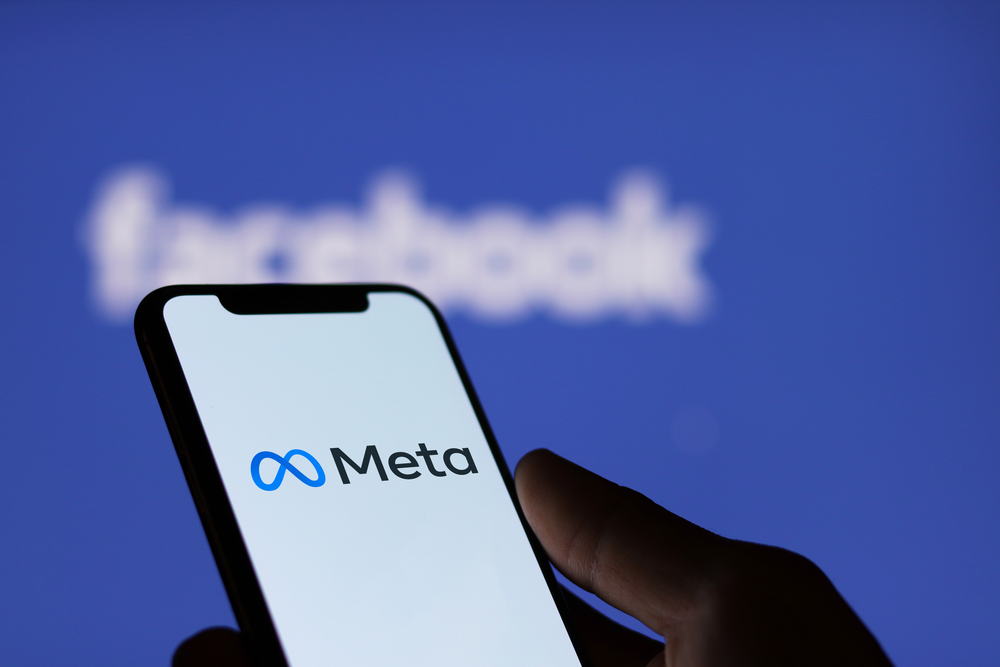Meta Okays CBD and Hemp Ads – Still a Hard No on THC

America’s hemp and CBD industries recently got a shot in the arm when Meta – the parent company of Facebook, Instagram, and other online properties – gave the green light to limited advertising. Time will tell whether hemp and CBD advertisers will take advantage of it. Meanwhile, Meta continues to offer a hard ‘no’ to THC advertising.
What Meta’s Policy Will Allow
A report by Marijuana Moment suggests that Meta will allow limited advertising of CBD and hemp products containing up to 0.3% THC by volume. That number is not random. It is the threshold by which the federal government distinguishes between hemp and marijuana.
Advertisers will apparently be able to market CBD products with written approval from the company, provided that the products are certified by Meta’s compliance partner as complying with local laws. Those ads also cannot be targeted at minors. As for hemp products, they will not need written approval as long as they comply with all applicable laws and industry codes and guidelines.
Finally, advertisers will be allowed to run hemp-related ads for educational, advocacy, and public service purposes. References to CBD can be included in the ads as long as advertisers are not promoting any prohibited products.
It Should Be a Simple Matter
At first glance, hemp and CBD advertising on Meta properties should be a simple matter. There is no ambiguity when it comes to the legal definitions of hemp and marijuana. The same goes for CBD and THC. The only way problems could arise is if advertisers try to push the envelope or Meta does not consistently uphold its own policies.
Both are possible. The cannabis industry is rife with players who consistently push things as far as they can go. The rise of delta-8 THC as an ingredient in legal CBD products is proof of that. As for Meta, its most popular product (Facebook) has a long history of indiscriminately applying policies based on content point-of-view.
A Risk of Wrong Impressions
Among the concerns here is the risk of sending improper messages. We know that advertising is intended to sway hearts and minds. By its very nature, advertising is supposed to get people to buy something they otherwise would not. With that being the case, it is easy to see the potential of people getting wrong impressions about CBD and/or hemp.
Some of those wrong impressions could be rooted in the modern vernacular. Take the word ‘cannabis’. In Utah, where lawmakers have established one of the strictest medical cannabis programs in the country, regulators prefer that no one use the word ‘marijuana’. The folks at Utah Marijuana, a clinic to help patients get their medical cannabis cards, say it is because the word has negative connotations attached to it. But here is the problem: both marijuana and hemp are types of cannabis plants.
Utah Marijuana might refer to medical cannabis in its online content, but they are still talking about marijuana used for medical purposes. That is not necessarily a problem in itself. But within the medical cannabis realm, both THC and CBD are in play. It is not hard to imagine consumers equating the two as the same thing when they are distinctly different.
Time Will Tell the Story
There is no telling how marketers and consumers will respond to Meta’s new CBD and hemp marketing policy. But the story will play out over the next 12 to 18 months. It will either be a smashing success or come back to bite Meta in the backside. One way or the other, we will know soon enough. In the meantime, are there any other companies looking to follow Meta’s example? Almost certainly.

Comments are closed.